The AMD Ryzen Threadripper 3960X and 3970X Review: 24 and 32 Cores on 7nm
by Dr. Ian Cutress, Andrei Frumusanu & Gavin Bonshor on November 25, 2019 9:05 AM ESTTest Bed and Setup
As per our processor testing policy, we take a premium category motherboard suitable for the socket, and equip the system with a suitable amount of memory running at the manufacturer's maximum supported frequency. This is also typically run at JEDEC subtimings where possible. It is noted that some users are not keen on this policy, stating that sometimes the maximum supported frequency is quite low, or faster memory is available at a similar price, or that the JEDEC speeds can be prohibitive for performance. While these comments make sense, ultimately very few users apply memory profiles (either XMP or other) as they require interaction with the BIOS, and most users will fall back on JEDEC supported speeds - this includes home users as well as industry who might want to shave off a cent or two from the cost or stay within the margins set by the manufacturer. Where possible, we will extend out testing to include faster memory modules either at the same time as the review or a later date.
| Test Setup | |
| AMD TR3 | Threadripper 3970X Threadripper 3960X |
| Motherboard | ASUS ROG Zenith II Extreme (BIOS 0601) |
| CPU Cooler | Thermaltake Riing 360 CLC |
| DRAM | Corsair Dominator Platinum RGB 8x8 GB DDR4-3200 |
| GPU | MSI GTX 1080 Gaming 8G |
| PSU | Corsair AX860i |
| SSD | Crucial MX500 2TB |
| OS | Windows 10 1909 |
For our motherboards, we are using the latest firmware. It should be noted that our Intel tests do not have the latest Intel security updates for JCC and others, as the motherboard vendors for the models we used have not implemented them yet.
The latest AMD TR3 benchmarks were run by Gavin Bonshor, while I attended Supercomputing in Denver last week. Unfortunately both Intel and AMD decided to sample processors before the annual trade show conference, with launches only a couple of days after the show finished. As a result, our testing has been split between Gavin and myself, and we have endeavored to ensure parity through my automated testing suite.
Also, our compile test seems to have broken itself when we used Windows 10 1909, and due to travel we have not had time to debug why it is no longer working. We hope to get this test up and running in the new year, along with an updated test suite.
We must thank the following companies for kindly providing hardware for our multiple test beds. Some of this hardware is not in this test bed specifically, but is used in other testing.


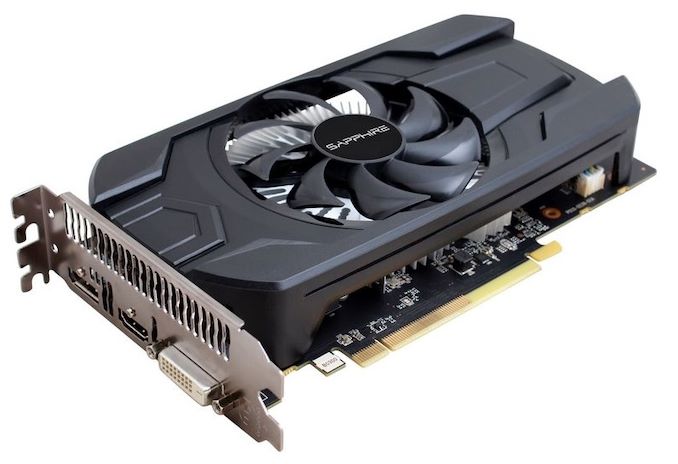
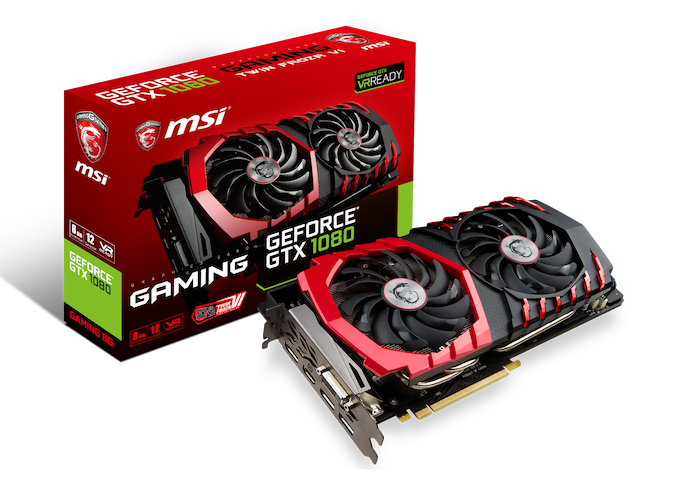
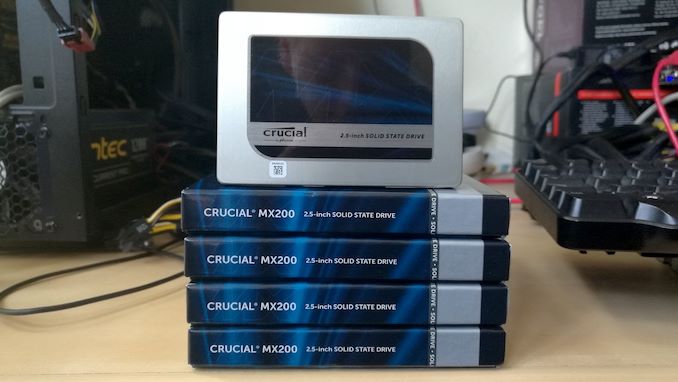
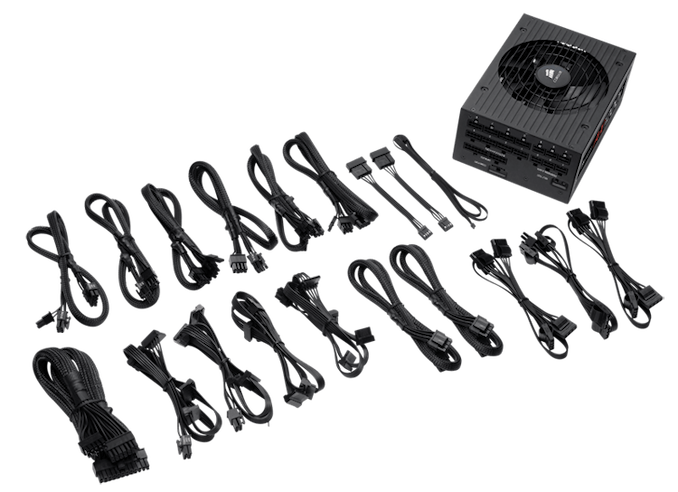
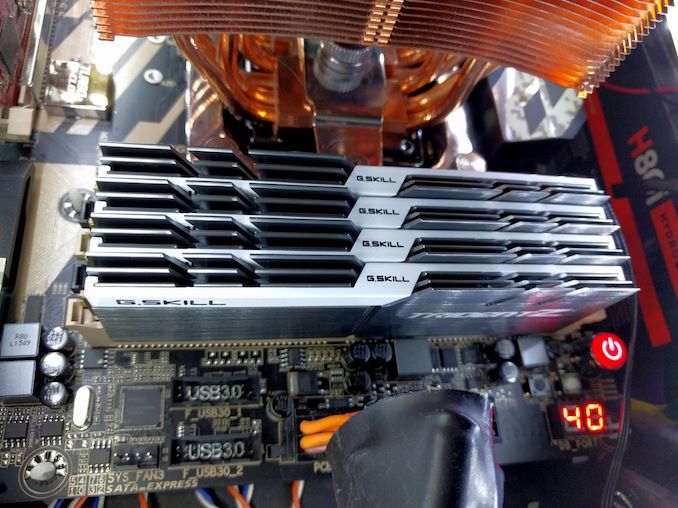
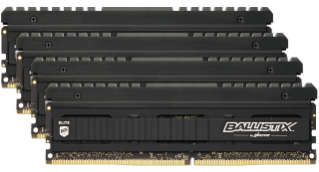
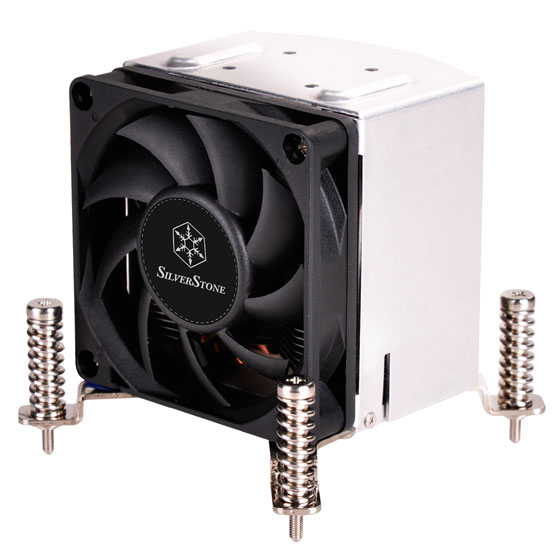
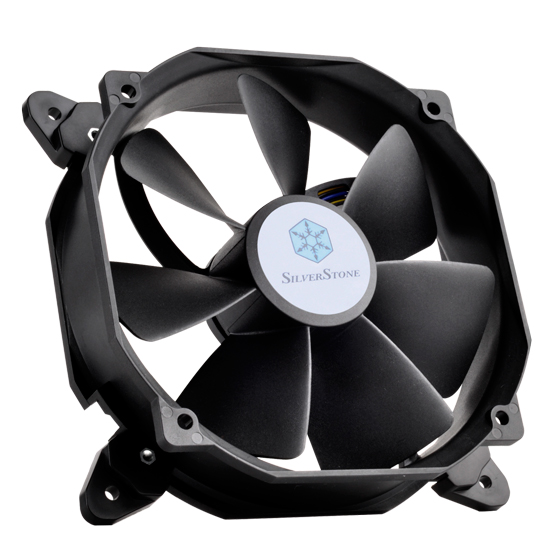








245 Comments
View All Comments
PeachNCream - Tuesday, November 26, 2019 - link
Very much agree with this statement. Desktops are a shrinking market segment. Mainstream home users and corporate office computing assets are generally now laptops regardless of whether or not the mobility makes sense or is a necessity. Yes, there is a market for desktop computers and that market does include massively parallel workloads that benefit from lots of cores/threads, but the center of mass in terms of money in CPU sales has shifted to portable computing where AMD is still lagging due mainly to power consumption and heat output. The I/O die design AMD uses is not so great in that sense and Intel still has an advantage in the mobiel sector.Xyler94 - Tuesday, November 26, 2019 - link
Both of you are actually wrong.Intel doesn't care about laptops, it's a side project basically. Both Intel and AMD want Server space. Servers are the heart of the market. Especially Supercomputers. Intel wouldn't care one bit if AMD took 25% of the laptop market, but you can see Intel scrambling and panicking at every single percent AMD gains in the Server Market.
Laptop CPUs are so little margin, Intel wouldn't actually care if people buy AMD. Servers and HEDT processors are such high margin, they'd rather 1 person buy a Xeon or 2066 processor than 10 people buying laptops. It's all about profits, not units sold.
PeachNCream - Tuesday, November 26, 2019 - link
Have you looked at Intel and/or AMD's income breakdowns out of their financial reports? I have. You're assertion is not correct.Korguz - Tuesday, November 26, 2019 - link
" Desktops are a shrinking market segment " im not so sure about that... no one i know wants a notebook, for portability, they have their phones or tablets for that...upanddown - Monday, November 25, 2019 - link
Your revenue numbers don't mean anything. 15 years ago Nokia was also unbeatable, as well as Yahoo, MySpace etc..For Intel, there is a chance that similar to "after-Athlon" era will never come again.
Xyler94 - Monday, November 25, 2019 - link
Especially since the bribes are what made Intel keep goingdrothgery - Monday, November 25, 2019 - link
No, what made Intel keep on going was AMD's lack of manufacturing capacity (they couldn't have supplied much more than 25% of the CPU market in the Athlon 64 X2 era even if they wanted to), inferior laptop CPUs, and lack of infrastructure to support their server/workstation CPUs. Since going fabless, they're nowhere near as capacity constrained now, and may have more of the server infrastructure figured out... but Zen 3 doesn't have anywhere near the advantage on 10th-gen Core that Athlon 64 X2 derivatives had on Pentium 4 derivatives, either.If Intel can get cores/$ and total core counts reasonably close to EPYC and TR (which is likely), they'll be fine in the long run.
Korguz - Monday, November 25, 2019 - link
drothgery you didnt hear about how intel would bribe and threaten OEMs and the like NOT to use amd products ? thats what hurt amd way back when, thats why intel payed a billion or so to amd to settle that.. what advantage ?? zen 2 has more IPC then intel, why do you think intel needs such high clock speeds to compete with lower clocked cpus ??Xyler94 - Tuesday, November 26, 2019 - link
You don't know the history of the mid 2000s, do you?drothgery - Tuesday, November 26, 2019 - link
Reality and AMD fanboy mythology are not the same.Did Intel do some shady things in the P4 era? Yes. But that wasn't the biggest reason why AMD failed to gain more ground than they did on Intel then.
Did AMD have the manufacturing capacity to handle a significantly bigger market share than they actually got? No.
Did Opeteron have serious infrastructure issues vs Xeon? Yes, they did.
Did AMD's laptop chips suck compared to Pentium M and its follow-ons? Also yes.